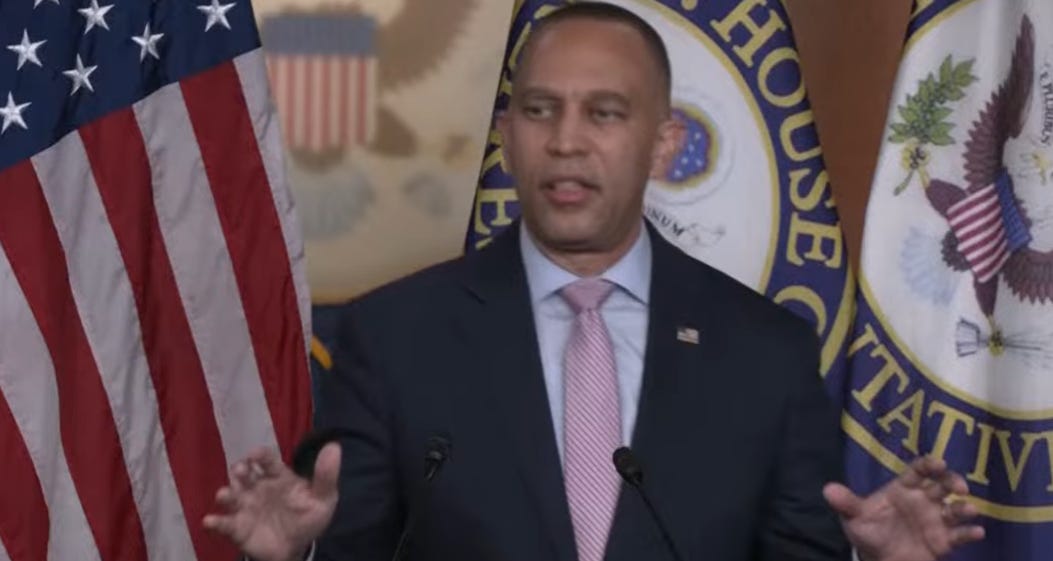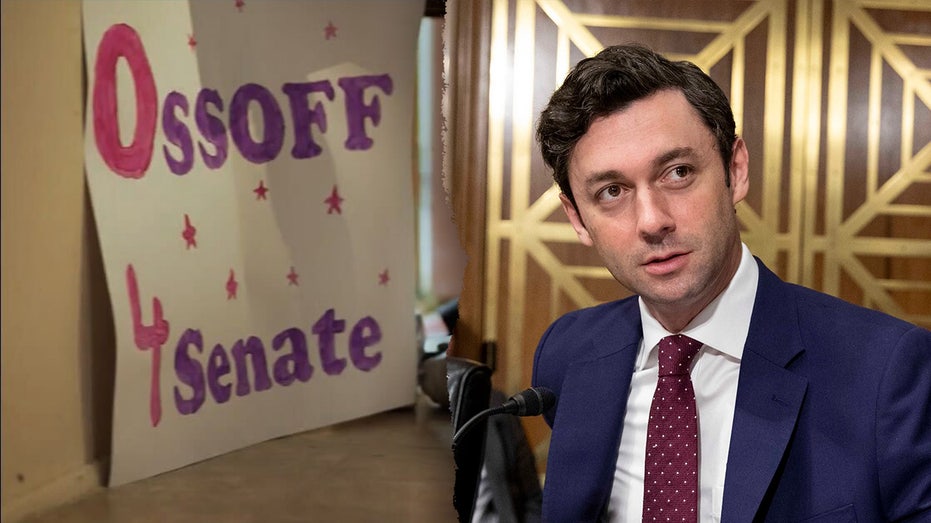A chilling scene unfolded Wednesday night in New York City as protesters surrounded Park East Synagogue, unleashing a torrent of anti-Israel chants. The demonstration, timed with an event hosted by Nefesh B’Nefesh – an organization dedicated to assisting Jewish immigration to Israel – quickly descended into a display of hostility and intimidation.
The chants weren’t simply political statements; they were deeply unsettling calls for violence. Protesters demanded an “intifada,” a term historically linked to uprisings marked by bloodshed, and openly wished for the demise of the Israel Defense Forces. The chilling refrain, “We don’t want no Zionists here,” echoed through the streets, targeting individuals based solely on their faith and beliefs.
The response from New York’s leadership was swift and unequivocal. Governor Kathy Hochul condemned the protest as a “blatant attack on the Jewish community,” emphasizing that no one should face intimidation while seeking solace in their house of worship. The incident, she declared, was “shameful” and had no place within the state’s borders.
Even Mayor-elect Zohran Mamdani, whose own past statements regarding Israel have fueled anxieties within the Jewish community, distanced himself from the protest’s rhetoric. A spokesperson stated he “discouraged the language used” and affirmed his belief in the right to worship without fear. However, this came after previous reluctance to condemn similar phrases during his campaign.
Outgoing Mayor Eric Adams, currently in Israel, also voiced his outrage. He described the scene as a “desecration” of sacred space, a far cry from peaceful protest. Adams warned against allowing “radicals” to seize control of the city, promising a visit to the synagogue upon his return.
The emotional weight of the protest resonated deeply within the Jewish community. Rabbi Elchanan Poupko shared a video of the demonstration, which quickly went viral, amassing millions of views. He drew a harrowing parallel to Kristallnacht – the “Night of Broken Glass” – the violent anti-Jewish riots of 1938 that signaled the escalating horrors of Nazi Germany.
For Rabbi Arthur Schneier, the senior rabbi at Park East Synagogue, the echoes of the past were particularly poignant. A Holocaust survivor himself, having endured unimaginable hardship in Budapest, he witnessed a disturbing replay of history unfolding outside his own synagogue. The scene, he asserted, wasn’t about the conflict in Gaza; it was a direct attack on the Jewish people.
This incident is not isolated. New York City has experienced a disturbing surge in antisemitism since the October 7th attacks and the subsequent war. Protests have erupted across the city, including at Columbia University, creating an atmosphere of fear and vulnerability.
Throughout his campaign, Mamdani faced intense scrutiny over his views on Israel, including his support for sanctions and his initial hesitation to condemn Hamas. Critics point to a pattern of rhetoric that they believe has contributed to the rising tide of antisemitism, a concern voiced by numerous rabbis across the nation.
The events at Park East Synagogue serve as a stark reminder of the fragility of religious freedom and the enduring threat of hatred. It underscores the urgent need for vigilance, understanding, and a firm commitment to protecting all communities from intimidation and violence.






